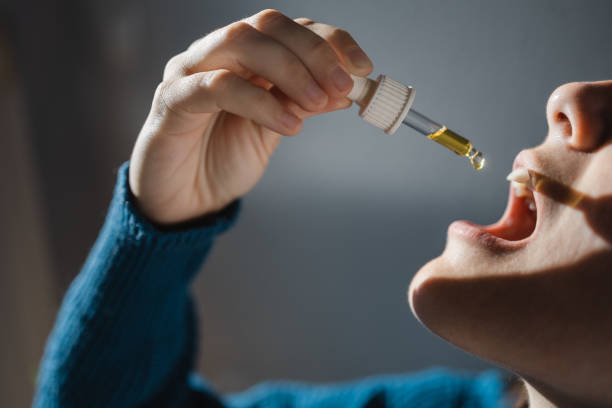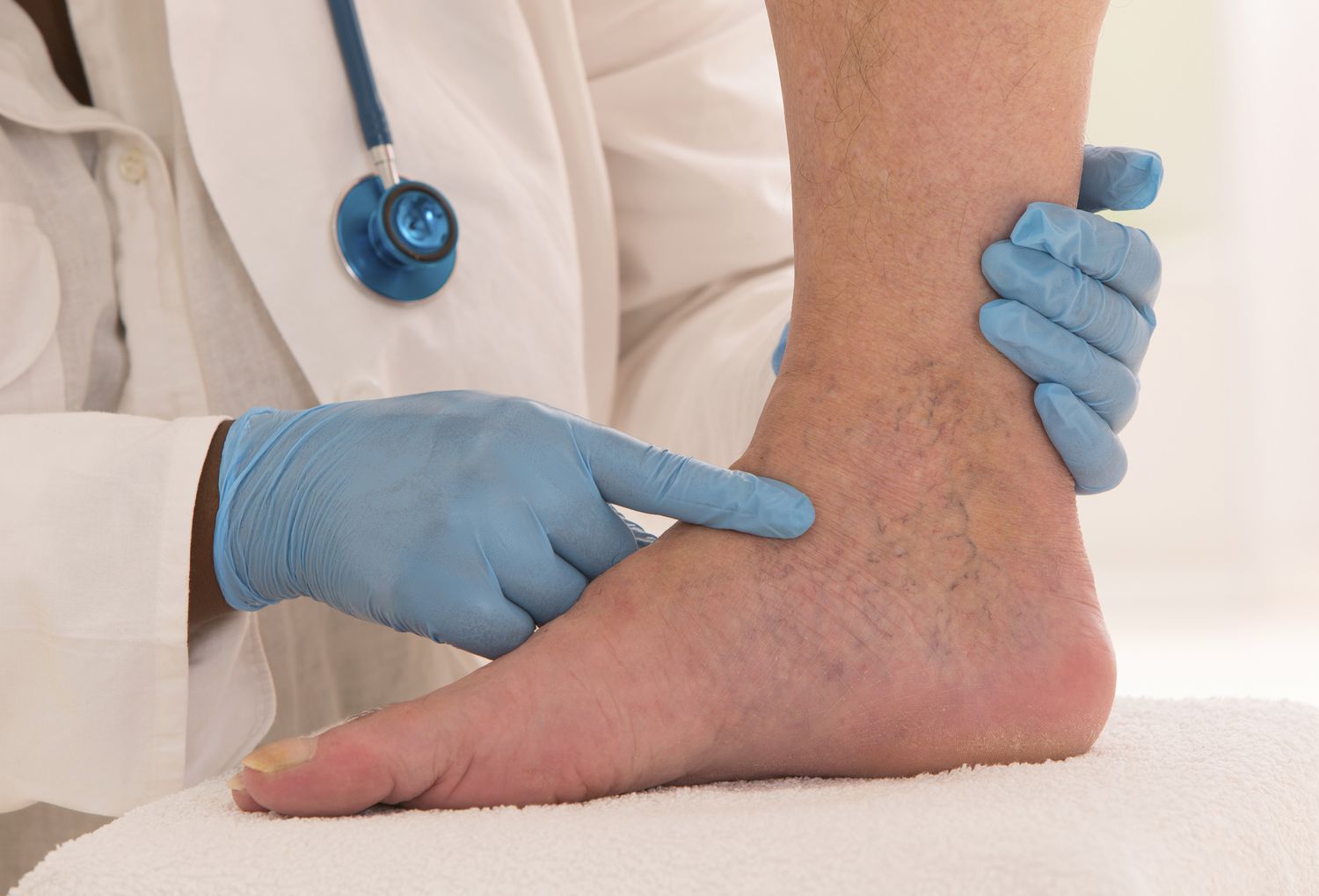Overview
Have you ever felt like your relationships lack depth or struggle with connecting to others? It might not just be a personality trait—it could be related to recreative attachment disorder. While commonly discussed in children, attachment issues can persist into adulthood, shaping how individuals form and maintain bonds with others. Let’s dive into what recreative attachment disorder in adults means, its causes, symptoms, and ways to cope.
What Is recreative attachment disorder?
Recreative attachment disorder (RAD) occurs when an individual struggles to form healthy emotional connections with others. It often stems from early childhood experiences, such as neglect or inconsistent caregiving, and can influence how adults navigate relationships, trust, and emotional intimacy.
Causes of recreative attachment disorder in adults
RAD in adults usually has its roots in childhood. Here are some common causes:
1. Neglect in early life
When a child’s basic needs for love, comfort, and care are not met, they may develop attachment issues.
2. Trauma or abuse
Experiencing trauma or abuse at a young age can disrupt the ability to trust others.
3. Frequent caregiver changes
Constantly moving between caregivers, such as in foster care, can make it hard to form stable attachments.
4. Lack of emotional support
Growing up in an environment where emotions are dismissed or ignored can lead to difficulties expressing and managing feelings.
Symptoms
RAD manifests differently in adults than in children. Here are some signs you should look for:
1. Difficulty trusting others
Adults with RAD often find it hard to trust people, even those who are close to them.
2. Fear of intimacy
Emotional closeness might feel overwhelming or uncomfortable, leading to avoidance of deep relationships.
3. Emotional withdrawal
They may appear distant or uninterested in forming meaningful connections.
4. Low self-worth
A sense of inadequacy or feeling unworthy of love is common among adults with RAD.
5. Difficulty managing emotions
They might struggle to regulate emotions, leading to outbursts or shutting down during conflicts.
6. Overdependence on others
Some individuals with RAD may swing to the opposite extreme, becoming overly clingy or dependent.
The impact of RAD on relationships
Recreative attachment disorder can make forming and maintaining relationships challenging. Common issues include:
1. Struggles with communication
Expressing needs or emotions can feel daunting, leading to misunderstandings.
2. Fear of abandonment
This fear can cause insecurity or unhealthy attachment patterns.
3. Difficulty setting boundaries
Adults with RAD might either avoid boundaries or struggle to enforce them.
Coping strategies for adults with RAD
Living with recreative attachment disorder doesn’t mean you can’t form healthy relationships. Here are some steps to take:
1. Seek professional help
Therapy, such as cognitive-behavioral therapy (CBT) or attachment-based therapy, can help address underlying issues.
2. Build self-awareness
Recognizing patterns and triggers is the first step to change. Mindfulness practices can be helpful.
3. Learn healthy communication skills
Practice expressing your emotions and needs in a clear and respectful way.
4. Develop trust gradually
Remember, trust takes time. Start healing journey with small steps and be patient with yourself. You will be won.
5. Focus on self-care
Engaging in activities that boost your self-esteem and emotional well-being can improve your relationships.
How to support someone with RAD
If you know someone who may be dealing with recreative attachment disorder, here’s how you can help:
1. Be patient
Building trust takes time, so avoid pressuring them to open up quickly.
2. Create a safe environment
Show consistency, understanding, and empathy in your interactions.
3. Encourage professional support
Suggest therapy in a kind and supportive manner.
Conclusion
Recreative attachment disorder in adults can feel isolating, but with understanding, self-awareness, and professional help, it’s possible to build meaningful and healthy connections. Recognizing the challenges is the first step to overcoming them and moving toward a more fulfilling life.
FAQs
What is recreative attachment disorder?
It’s a condition where individuals struggle to form healthy emotional connections due to early life experiences.
Can recreative attachment disorder be cured?
While it may not completely go away, therapy and self-awareness can significantly improve relationships and emotional well-being.
How does RAD affect relationships?
It can lead to trust issues, fear of intimacy, and difficulty managing emotions in relationships.
What type of therapy is best for RAD?
Attachment-based therapy and cognitive-behavioral therapy are often effective.
Is recreative attachment disorder common?
While not as commonly discussed as other conditions, many adults face attachment challenges stemming from early life experiences.








